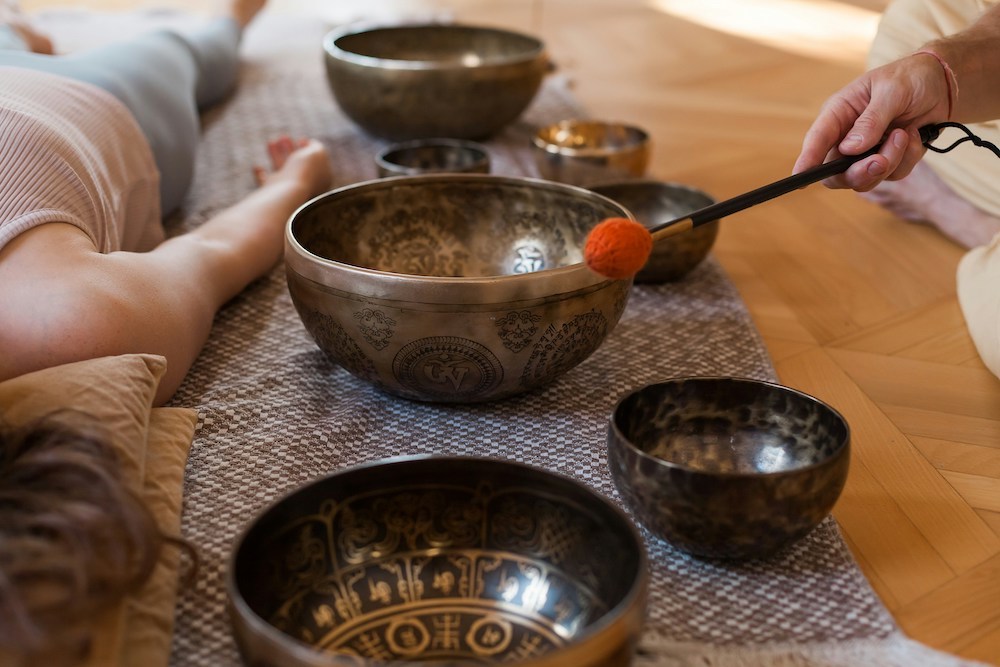Indigenous wellness programs are transforming meetings and incentive travel
Wellness tourism is booming, with travelers seeking experiences that rejuvenate the mind, body, and spirit. In fact, according to the Global Wellness Institute it’s a $651 billion global industry. And what are people craving most? Immersion in nature. It’s no surprise – hiking, breathing fresh air, and connecting with the natural world simply make us feel good.
But what if your next meeting or incentive trip could go beyond superficial “nature experiences” and tap into something deeper? Indigenous-based wellness programs offer a unique opportunity to do just that, providing transformative experiences that connect attendees to the land, culture, and themselves in profound ways.
Here’s five reasons why Indigenous wellness programs are gaining traction with meeting and incentive groups.
1. A Deeper Connection to Place: Imagine your team foraging for medicinal plants alongside an Indigenous elder, learning about their traditional uses and the interconnectedness of the ecosystem. Or perhaps participating in a traditional agricultural practice, gaining a newfound respect for the land and its bounty. These land-based activities foster a profound connection to the natural world and a sense of place that typical team-building activities simply can’t replicate. Furthermore, attendees can experience authentic Indigenous cultures through storytelling, traditional arts and crafts, music, dance, and ceremonies. This provides a rich cultural immersion that goes beyond superficial tourist experiences, fostering understanding and appreciation for diverse perspectives.
2. Holistic Well-being: Indigenous wellness recognizes the interconnectedness of mind, body, and spirit. Programs often incorporate practices like meditation, yoga, breathwork, and traditional healing ceremonies to promote holistic health and well-being. By connecting with nature and engaging in mindful practices, participants can experience deep relaxation and stress reduction, leaving them refreshed, rejuvenated, and ready to tackle new challenges.
3. Unique and Authentic Experiences: Imagine the shared memories created by participating in a sweat lodge ceremony, learning traditional drumming techniques, or listening to stories around a campfire. These experiences foster camaraderie and strengthen bonds within the group in ways that typical meeting activities cannot. Engaging with Indigenous elders and knowledge keepers provides opportunities for meaningful conversations and insights into different worldviews, broadening perspectives and sparking personal growth.
4. Social Responsibility and Sustainability: Choosing an Indigenous-based program directly benefits Indigenous communities and helps preserve their cultural heritage. It aligns your event with values of social responsibility and demonstrates a commitment to supporting sustainable tourism practices. Indigenous cultures have a deep respect for the environment, and programs often incorporate sustainable practices and teach participants about environmental stewardship.
5. Personal Growth and Transformation: Indigenous practices often encourage introspection and self-discovery. Participants may gain new perspectives on their lives, connect with their inner selves, and discover tools for personal growth. By experiencing a different way of life, they may develop a greater appreciation for diversity, interconnectedness, and the importance of living in harmony with nature.
Top Indigenous Wellness Programs
Native Wellness Institute: Promotes the well-being of Native people through programs and training that embrace ancestral teachings.
Indigenous Circle of Wellness: Provides mental health and wellness services grounded in Indigenous knowledge.
Any thoughts, opinions, or news? Please share them with me at vince@meetingsevents.com.
Photo: Diana Light For Unsplash+





